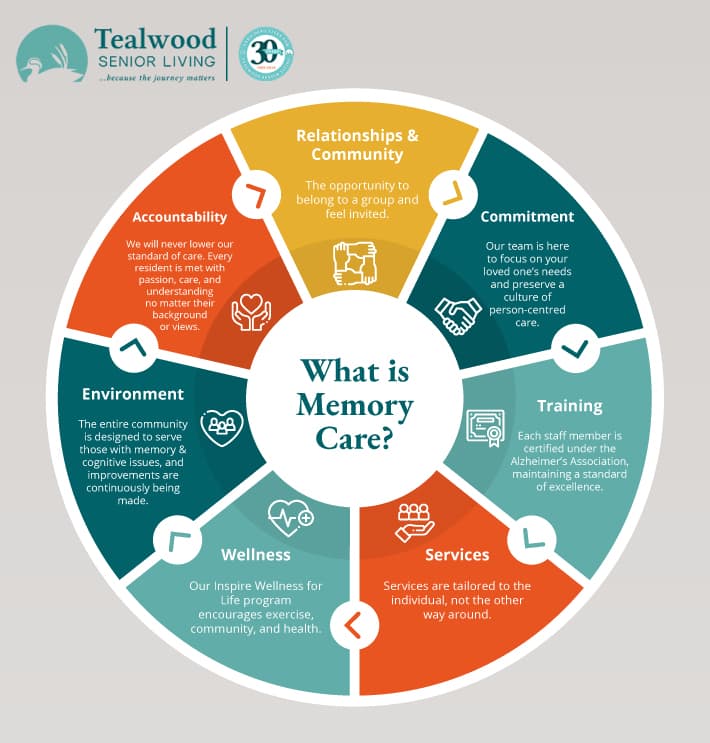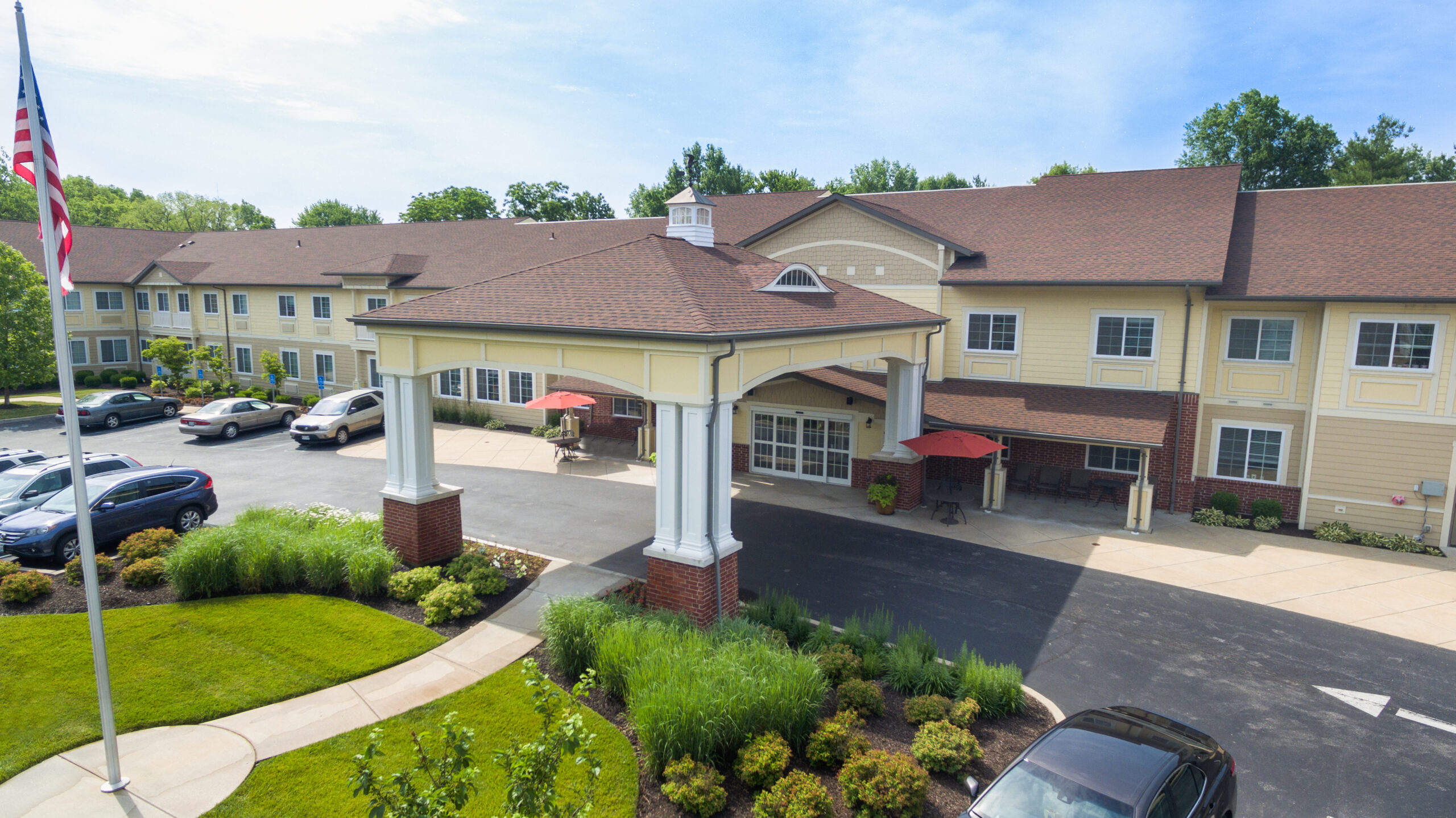Family-Oriented Facilities Offering Personalized Alzheimers Care Charlotte
Producing a Safe and Helpful Setting for Alzheimer's Care
The creation of a secure and helpful setting for people with Alzheimer's is extremely important in improving their quality of life. Exploring these multifaceted methods can expose important understandings right into effective caregiving strategies that may transform the daily experiences of both people and caregivers.
Recognizing Alzheimer's Requirements
Frequently, individuals with Alzheimer's illness display a series of demands that call for tailored approaches to care. As the problem progresses, cognitive decline materializes in different methods, impacting memory, reasoning, and also the ability to perform day-to-day tasks. Caretakers need to acknowledge these developing needs to provide appropriate assistance and make sure a higher quality of life for those influenced.
One important aspect of comprehending Alzheimer's requirements is acknowledging the relevance of regular and experience. Individuals often locate comfort in recognized patterns, which can reduce anxiousness and confusion. Caretakers must aim to develop structured daily timetables that incorporate purposeful tasks lined up with the person's interests and capacities.
Furthermore, efficient communication is extremely important. Individuals with Alzheimer's might have a hard time to share themselves or comprehend intricate language. Caretakers should utilize simple, clear language, usage non-verbal cues, and practice energetic listening to promote understanding and connection.
Finally, emotional and social needs can not be forgotten. Offering possibilities for social interaction and preserving partnerships can substantially enhance emotional health. Caregivers ought to encourage involvement in community tasks or family members gatherings, promoting a feeling of belonging and objective. Understanding these varied demands is vital for developing a supportive treatment environment.
Designing a Safe Home
Developing a risk-free home for individuals with Alzheimer's condition is necessary to reducing risks and advertising independence. Make certain that paths are clear and well-lit, as proper lighting reduces disorientation and boosts movement.
Incorporating flexible features is additionally important. Install grab bars in shower rooms and near staircases, and think about making use of non-slip floor coverings in wet areas. Additionally, using different shades for walls and floorings can help in distinguishing areas, aiding to alleviate complication.
Experience is very important for individuals with Alzheimer's. Personalizing the atmosphere with acquainted objects and photographs can enhance a sense of belonging and protection - Alzheimers Care Charlotte. It is also valuable to have a designated location for everyday tasks, such as reading or crafting, which can provide structure to their day
Lastly, carrying out a secure outdoor area enables secure expedition while getting in touch with nature. By attentively making the home environment, caregivers can substantially boost the lifestyle for individuals dealing with Alzheimer's condition.
Enhancing Interaction Abilities

Non-verbal interaction, including faces, motions, and touch, plays a critical duty in communicating empathy and understanding. Maintaining eye call and a tranquil disposition can enhance the convenience level of the person, advertising a sense of safety.
Moreover, it is important to exercise active listening. This entails being completely present, revealing perseverance, and enabling the individual to reveal themselves without interruption. you can try these out Rep may be necessary; caretakers must be prepared to revisit inquiries or topics, as people with Alzheimer's might fight with memory recall.
In addition, using aesthetic aids or signs, such as photos or acquainted items, can facilitate acknowledgment and involvement. Eventually, enhancing interaction skills has to do with developing trust fund and producing a setting where people feel listened to, valued, and recognized, therefore enriching their lifestyle.
Motivating Social Communication
Promoting purposeful social interactions can substantially enhance the health of individuals with Alzheimer's condition. Engaging with others not only assists fight feelings of isolation however additionally stimulates cognitive function and psychological wellness. Structured social activities, such as team video games, crafts and arts, or music therapy, produce possibilities for residents to link with peers and caretakers, which can bring about boosted mood and decreased stress and anxiety.
Developing a welcoming environment that encourages socializing is crucial. This can be achieved by organizing common areas that assist in communication, such as comfortable seating locations or task spaces. In addition, including culturally appropriate and acquainted tasks can trigger memories and urge engagement, permitting people with Alzheimer's to really feel even more linked to their previous experiences.
Additionally, caretakers should be educated to identify and advertise social involvement amongst homeowners. Easy gestures, such as launching conversation or assisting in small team conversations, can aid people really feel valued and included. Regularly scheduled get-togethers should correspond yet adaptable, suiting varying levels of capacity and rate of interest. By prioritizing that site social communication, we can dramatically improve the lives of those dealing with Alzheimer's, fostering a sense of neighborhood and belonging.
Sustaining Caregiver Health

To support caretakers, companies should provide routine training and instructional resources to boost their understanding of Alzheimer's disease and caregiving techniques. Supplying accessibility to reprieve treatment solutions allows caregivers to take needed breaks, lowering stress and fatigue - Alzheimers Care Charlotte. Additionally, fostering a neighborhood with support system can promote psychological sharing and the exchange of sensible advice amongst caregivers, developing a network of mutual support
Mental health and wellness sources, such as counseling services, can also be crucial in resolving the emotional toll caregiving can take. By focusing on caregiver health, we create a more sustainable caregiving setting that not only benefits the caregivers themselves but also enhances the overall top quality of treatment obtained by people with Alzheimer's. Ultimately, supporting caretakers is a vital component in fostering a compassionate and effective treatment setup.
Conclusion
To conclude, the creation of a safe and helpful atmosphere for individuals with Alzheimer's is important to boosting their lifestyle. By prioritizing safety via thoughtful layout, promoting emotional well-being with acquainted aspects, and promoting involvement with structured routines, caretakers can dramatically affect the total experience of those impacted by this condition. Supporting caretaker well-being is critical, as it eventually adds to a much more effective and thoughtful care atmosphere.
Rep may be needed; caregivers must be prepared to review subjects or questions, as individuals with Alzheimer's this contact form might struggle with memory recall.
